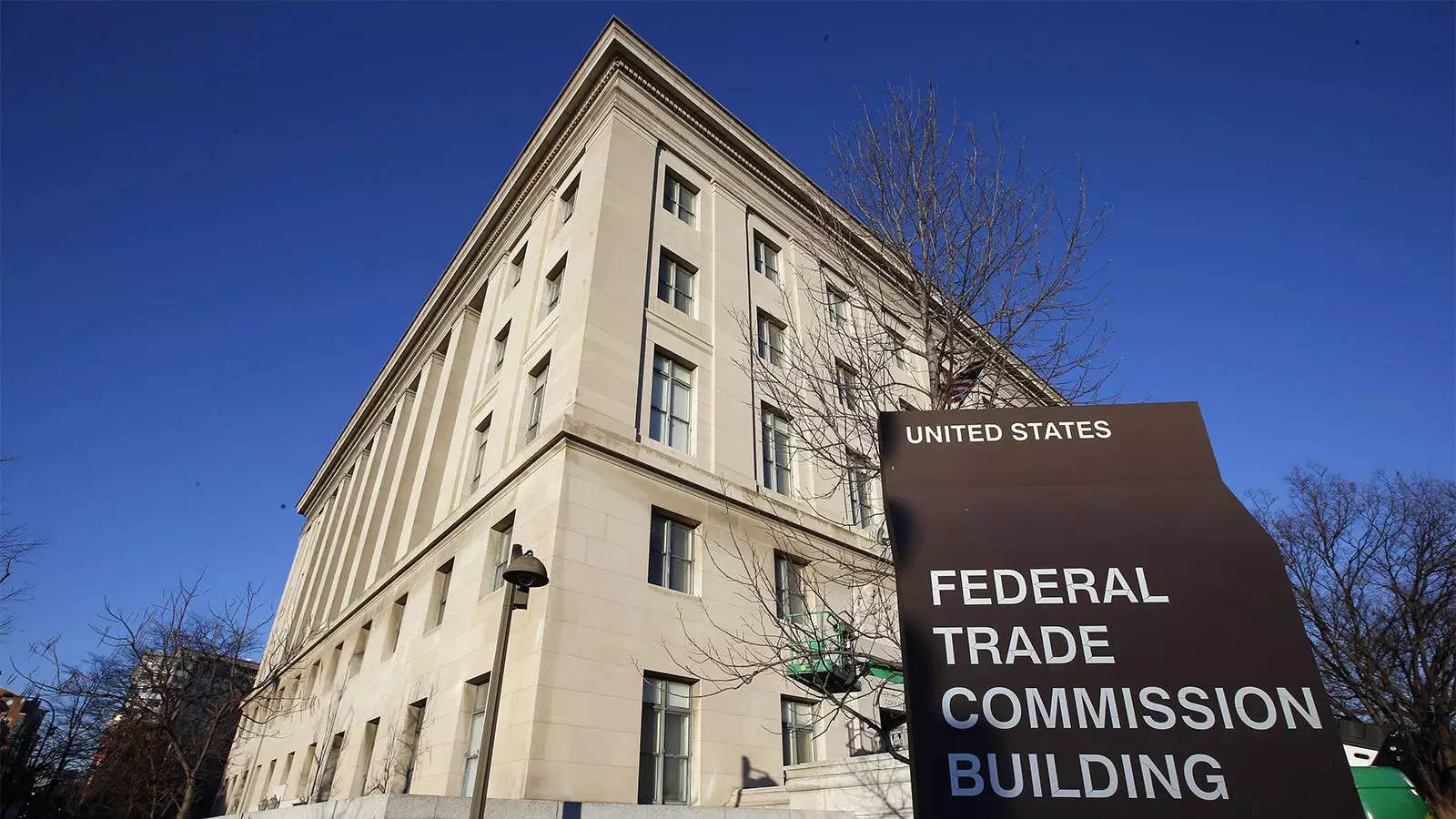The Federal Trade Commission (FTC) has initiated a lawsuit against three major pharmacy benefit managers (PBMs)—Caremark, Express Scripts, and OptumRx—accusing them of employing anti-competitive practices that have significantly increased insulin prices for individuals living with diabetes. PBMs, which are responsible for administering prescription drug benefits for health insurers and large employers, control a substantial share of the market, handling around 80% of all prescriptions in the United States. The allegations focus on their rebating systems, which regulators argue contribute to inflated drug prices that directly affect patients.
PBMs serve as intermediaries between insurers and pharmaceutical manufacturers, orchestrating negotiations on drug prices and establishing formularies, which are essentially lists of medications that insurance plans will cover. Their negotiations often involve rebates offered by drug manufacturers, which can serve to lower costs for clients. However, the FTC claims that these rebate practices ultimately result in higher “list prices,” the nominal prices set by manufacturers that can drastically affect uninsured patients or those with high deductibles. This cycle of inflated list prices and opaque rebate agreements is now being scrutinized amid growing concerns over the rising cost of insulin.
The issue of skyrocketing insulin prices has become increasingly prominent, particularly in the context of the ongoing presidential election. Candidates from various platforms have called for reform as patients express frustration over unaffordable medication costs. Reports suggest that while PBMs argue that their systems are designed to control costs, many patients end up struggling to meet their insulin needs due to prohibitive prices. The FTC’s lawsuit amplifies these concerns, indicating a potential disconnect between the practices of PBMs and the economic realities faced by consumers.
In response to the lawsuit, the accused PBMs have defended their roles, asserting that they negotiate substantial discounts that ultimately benefit their clients. Caremark and Express Scripts, for example, emphasized their commitment to making insulin accessible, labeling the government’s actions as misinformed. OptumRx further contended that the accusations are unfounded, positing that PBMs provide crucial leverage against pharmaceutical companies that would otherwise dominate drug pricing unchecked. These defenses highlight the contentious nature of the debate surrounding drug pricing and the influence of various stakeholders involved in the healthcare system.
The FTC’s inquiry into PBMs has been ongoing for over two years, signaling a strong commitment to re-evaluating the practices that drive pharmaceutical costs. As the lawsuit unfolds, its implications could lead to significant changes in the regulatory landscape surrounding drug pricing and the role of PBMs. The focus on insulin pricing not only spotlights an urgent public health issue but also raises broader questions about fairness, transparency, and ethics in the pharmaceutical industry. As this legal battle progresses, the outcomes could reshape how medications are priced and accessed, ultimately impacting millions of patients who rely on insulin to manage their health.


Leave a Reply